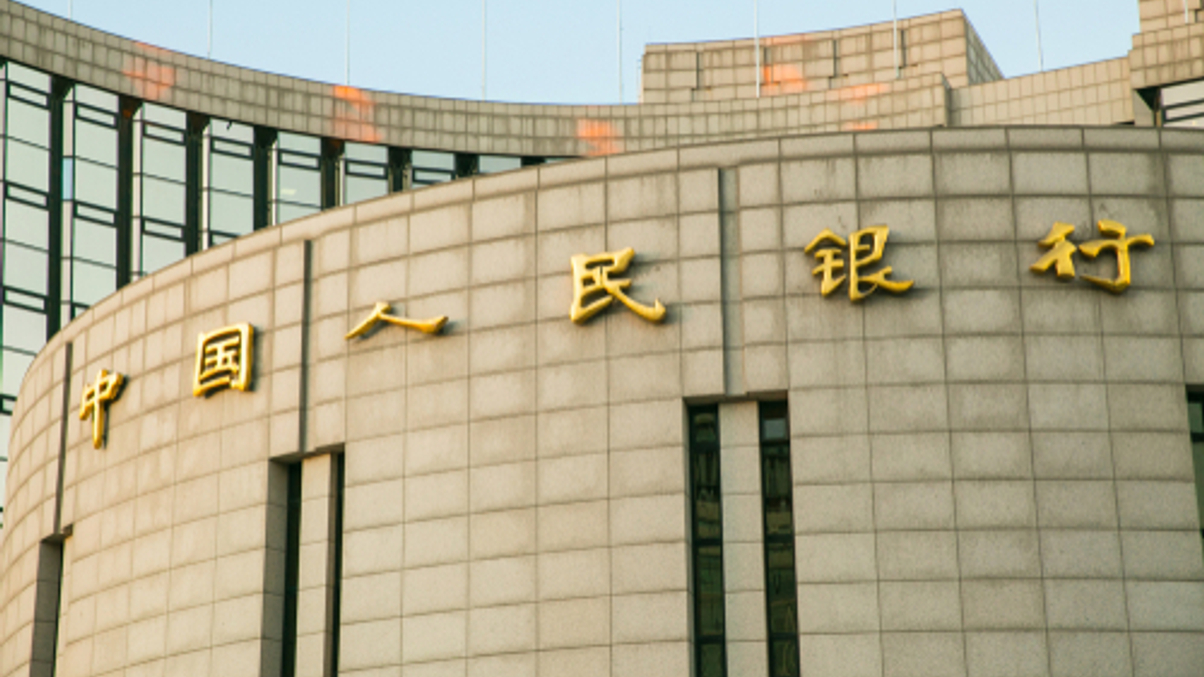Market Views: Is unifying China’s bond markets a game changer?
China is set to integrate its interbank bond and exchange bond markets. Five market experts share their thoughts on the move.

International institutional investors are paying increasing attention to China's $13 trillion bond market because of its sheer size, its inclusion in global indices and the yields it can offer. This is despite the fact that the asset class poses various issues, including capital controls, an underdeveloped derivatives market for hedging and liquidity concerns.
Sign in to read on!
Registered users get 2 free articles in 30 days.
Subscribers have full unlimited access to AsianInvestor
Not signed up? New users get 2 free articles per month, plus a 7-day unlimited free trial.
¬ Haymarket Media Limited. All rights reserved.


